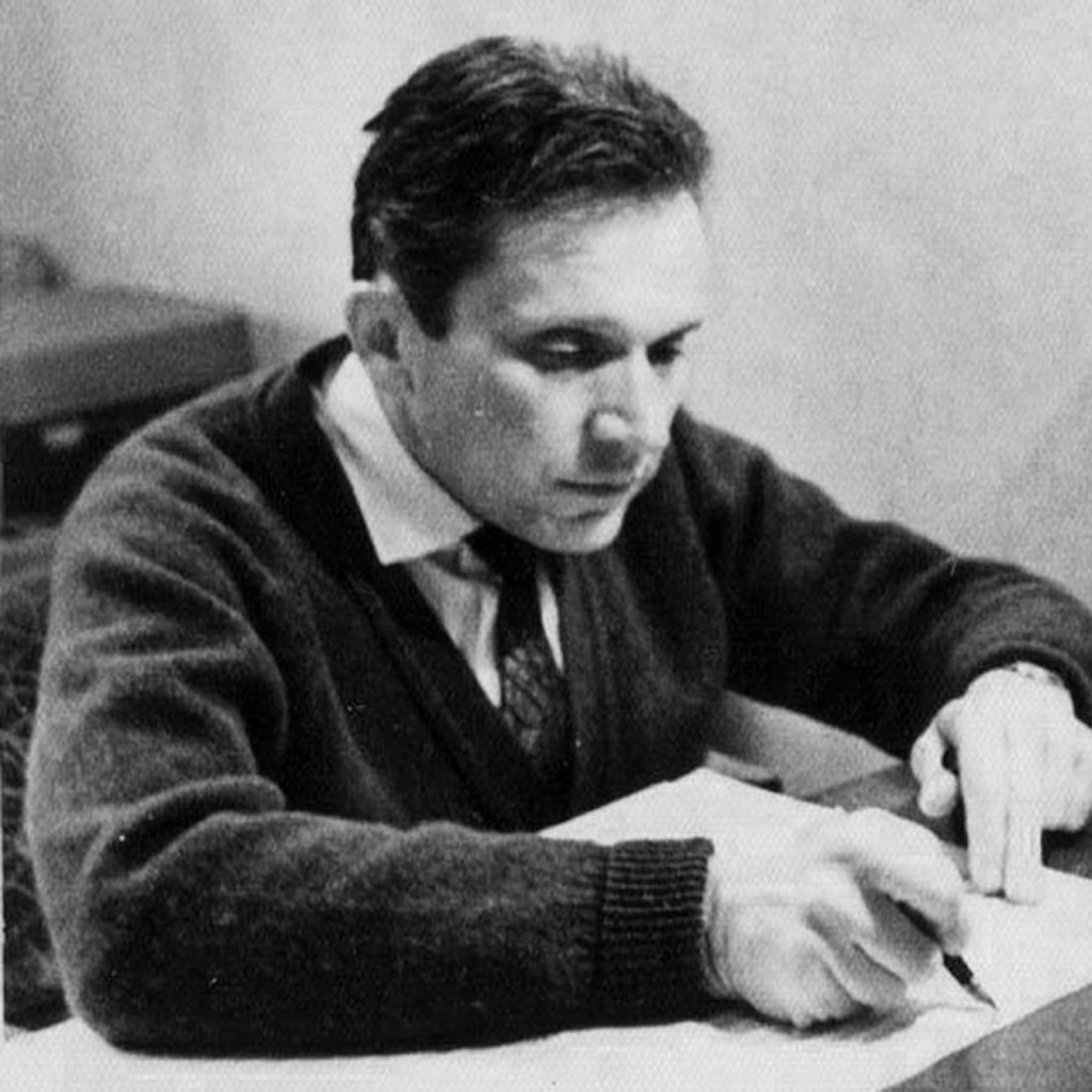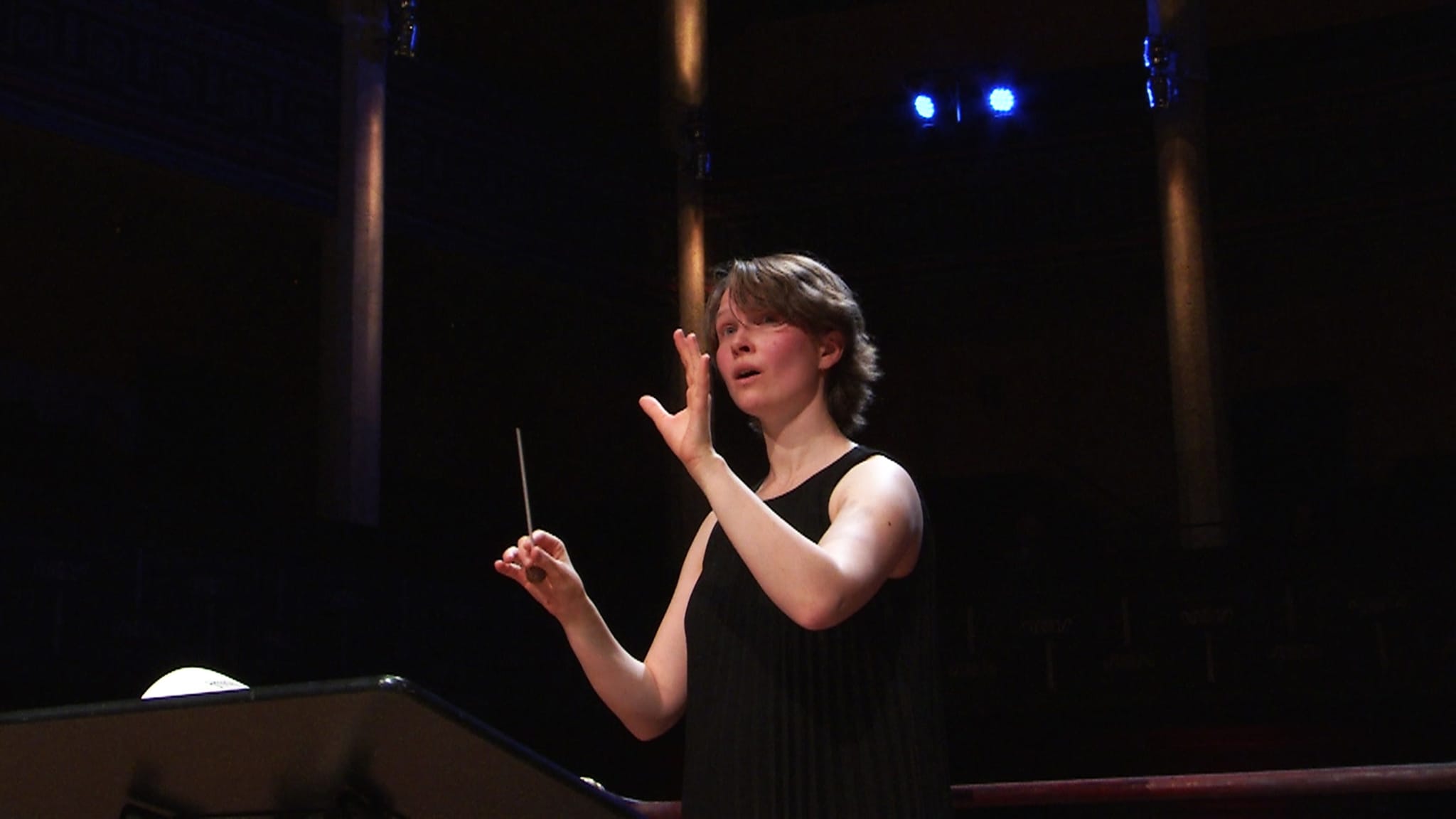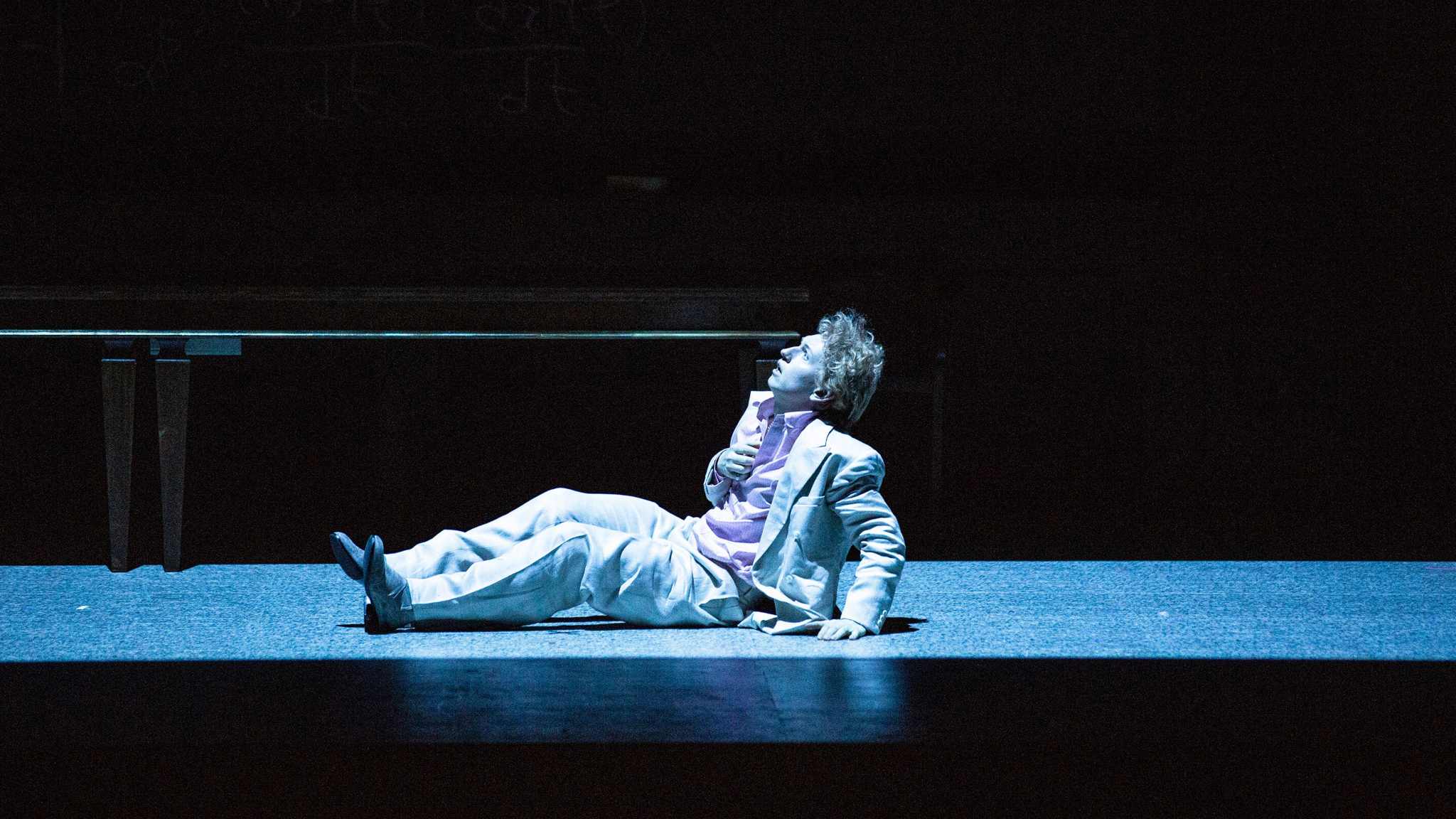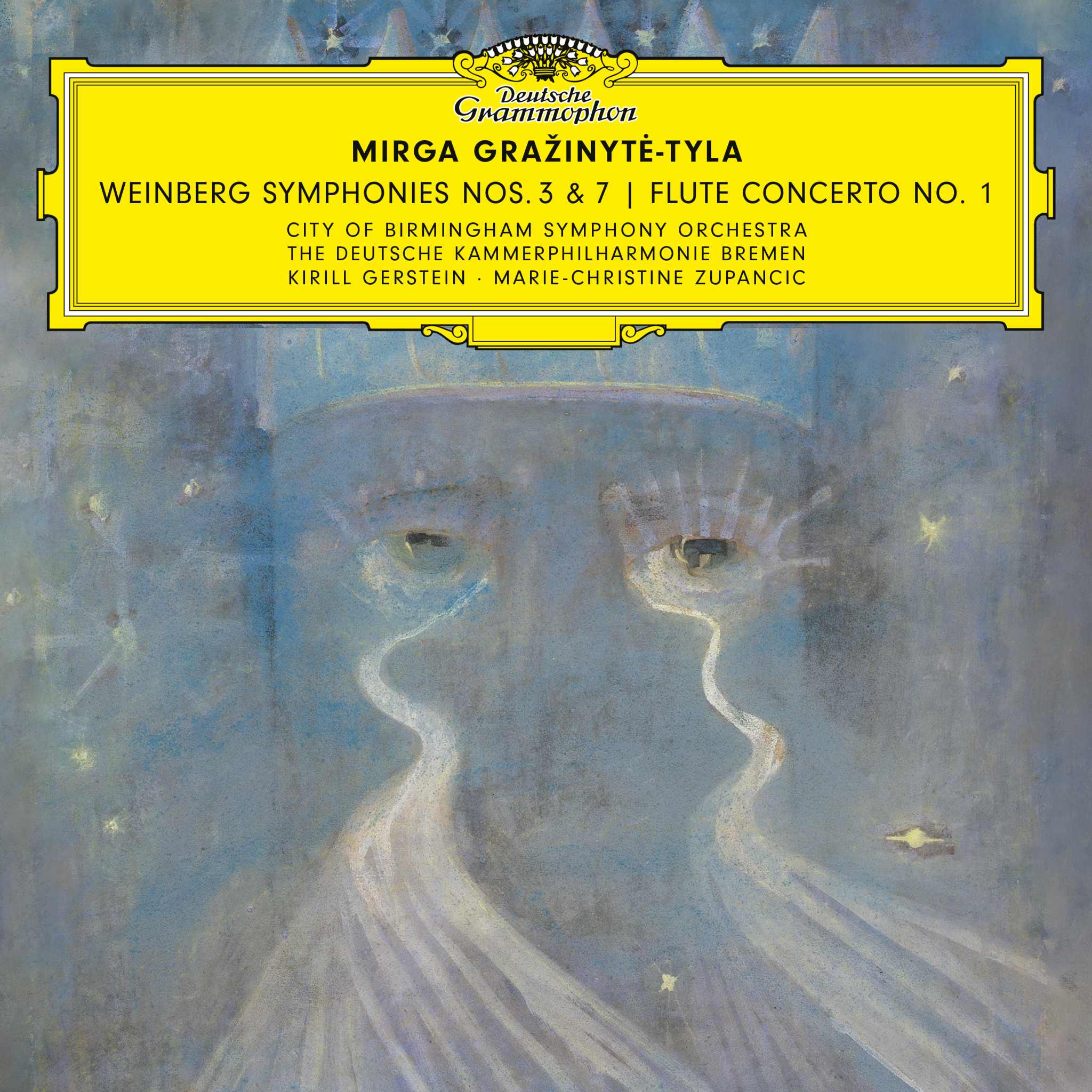Mieczysław Weinberg: Fascinating Works and Legacy
Mieczysław Weinberg (1919–1996) was a prolific composer whose output stands among the great 20th-century musical voices, yet his legacy is only recently gaining the international recognition it deserves. Here is an overview of his life, key works, and the artistic partnerships driving his modern-day revival.
Biography and Historical Context
Weinberg was born in Warsaw, the son of a theatre musician in the city's vibrant Jewish community. His life changed dramatically with the German invasion. Forced to flee, he made his way to the USSR, where he befriended and was mentored by Dmitri Shostakovich. Weinberg referred to himself as Shostakovich's "pupil, his flesh and blood"—a relationship that shaped much of his musical career. Despite initial success in the Soviet Union, Weinberg was periodically marginalized due to his Jewish identity and frequent political purges. His vast body of work, which includes 22 symphonies, 17 string quartets, numerous concertos, operas, and chamber pieces, is stylistically diverse. His music ranges from bright neo-classicism infused with Polish and Jewish melodic elements to brooding works reflecting his experience of displacement, loss, and memory. Major works like the opera The Passenger and the monumental Symphony No. 21 "Kaddish" confront these themes directly and have become focal points in the current reappraisal of his legacy.
Key Works and Modern Performances
Weinberg’s music is experiencing a renaissance, thanks partly to high-profile champions such as conductor Mirga Gražinytė-Tyla and violinist Gidon Kremer, among others.


















